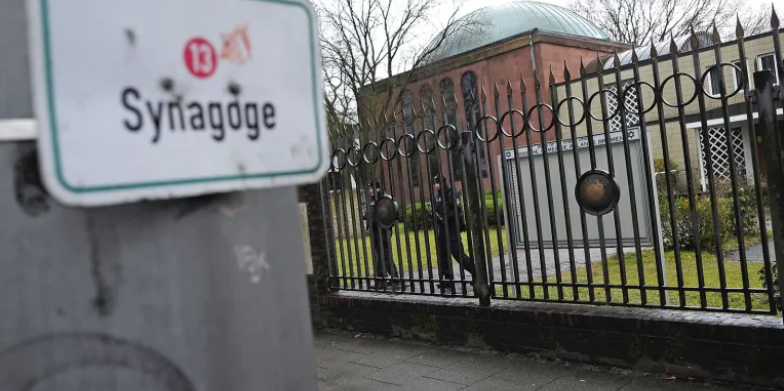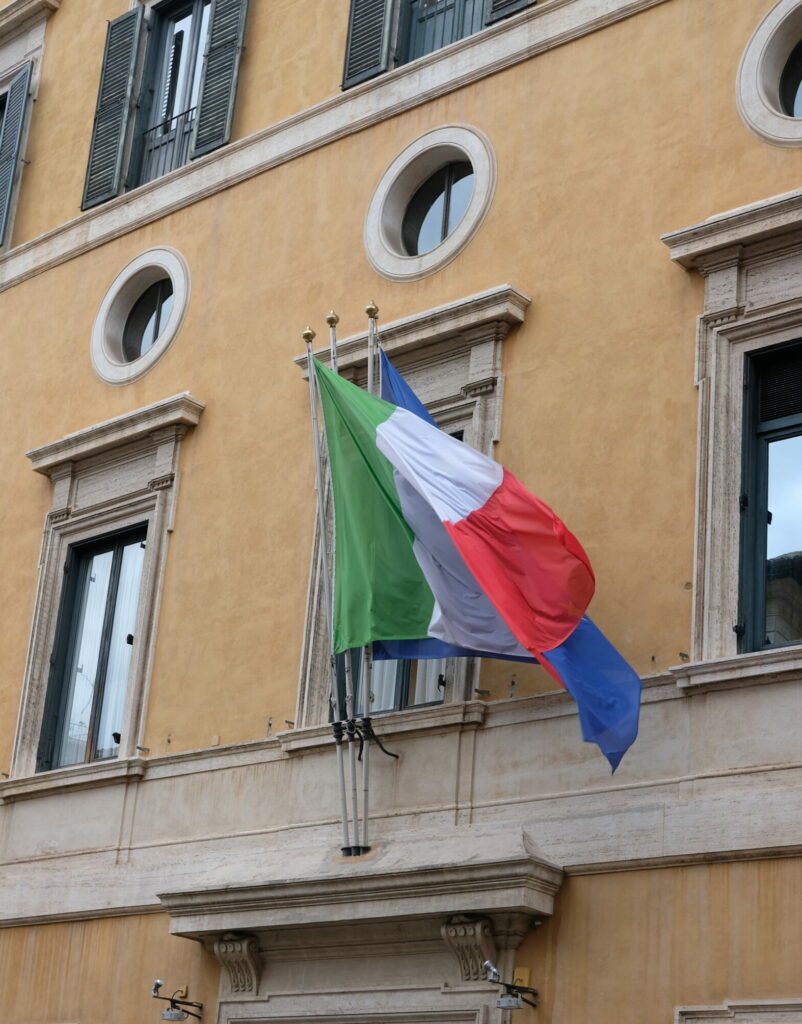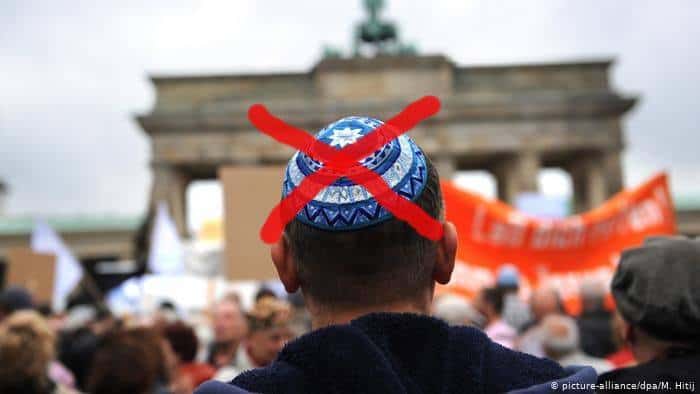Research published by Gatestone Institute concludes various municipalities use money to endorse anti-Semitic groups such as Group 194, arrange school lectures by pro-Palestinian movements.
Sweden’s municipalities and government are directly and indirectly funding anti-Semitic organizations, according to a research conducted by Gatestone Institute for International Relations.
The research was published by Nima Gholam Ali Pour, a member of the board of education in the Swedish city of Malmö, as well as a participant of several Swedish Middle East teams.
In addition, he is the editor for the social conservative website “Situation Malmö,” and has published books.
The research report also concluded that Malmö’s municipality is using tax payers’ money to endorse Group 194—an organization that posts anti-Semitic content on its Facebook page, such as a caricature of a Jew drinking blood and feeding on a child.
The research argued that anti-Semitism originating in the Middle East is also funded by Swedish public money.
Therefore, when anti-Semitic scandals occur in the Scandinavian country, those tasked with addressing them are often the same officials responsible for distributing the offensive material that led to them.
Moreover, no effective action is currently being taken against the spread of anti-Semitism in Sweden.
Ali Pour concluded that the direct and indirect governmental funding of anti-Semitic organization should be scrutinized and immediately halted.
He adds that as long as the funding continues, Sweden’s Jews will continue living in a perpetual state of fear and insecurity.
Big Swedish cities such as Malmö have become known as places in which Jews feel threatened, and the country’s increasingly prevalent anti-Semitism has drawn international attention.
In December of 2017, Muslims demonstrated in front of a synagogue in Malmö and a Molotov cocktail was thrown at a prayer room in a Jewish cemetery following US President Donald Trump’s recognition of Jerusalem as Israel’s capital.
“We want our freedom back and we’ll shoot the Jews,” the anti-Semitic demonstrators shouted in front of the synagogue.
Molotov cocktails were also hurled at a synagogue in the Swedish city of Gothenburg.
Furthermore, representatives of the Youth Against Settlements (YAS) organization based in Hebron are visiting and lecturing in Swedish high schools against Hebron’s Jewish residents.
One of the high school students who attended YAS’s lectures in February 2018 said that the anti-Semitic organization had argued that there are checkpoints all across Israel and that Arabs are routinely beaten and killed.
It was also said the Palestinians are living in concentration camps similar to those set up by the Nazis in in WWII.
“They talked a lot of nonsense and made us to take pictures with their flag,” one of the high school student said.
“The most controversial thing they said was that the Jews control the United States and the media,” another student added.
Zelika El Motsev and Anas Amro, YAS’s representatives across Sweden, were described in the media as “peace activists,” while they praised stabbing attacks, Shahids (martyrs) and Arab uprising on their Facebook pages.
Yes’s spokespersons were invited to speak before public institutions in Sweden and country’s Foreign Affairs Minister Margot Wallstrom met with them during her visit to Ramallah in December 2016.
Hundreds residents of the German city of Oldenburg marched on Sunday to express their solidarity with the Jewish community following an arson attack at the local synagogue on Friday.
An unknown perpetrator hurled a Molotov cocktail against the door of the synagogue in this city of northern Germany. No one was injured in the attack as caretakers from a neighboring cultural center were quickly able to extinguish the fire, which damaged the door to the place of worship.
Claire Schaub-Moore, chairwoman of the Jewish community in Oldenburg thanked the residents for their support. “We are deeply impressed by this solidarity. We feel this strength and it is much greater than what happened on our doorstep, on the doorstep of the synagogue,” she said.
Speaking to the crowd, the city’s Mayor Jürgen Krogman called thge attack against the synagogue “nothing other than attempted murder, terror.”
The leader of Lower-Saxony’s parliament, Hanna Naber, an Oldenburg resident herself, told demonstrators, “We are renewing the promise with which the German Federal Republic was founded: Never again!.”
In a post on X German Interior Minister Nancy Faeser called the act a “disgusting, inhumane attack on Oldenburg’s Jewish men and women.”
Josef Schuster, president of the Central Council of Jews in Germany,said: “We will not be intimidated. Jewish life belongs to our country, to Germany. Those who refuse to accept that fact must bear all legal consequences for their actions.”
Residents of German city march in solidarity with Jewish community following attack on synagogue














